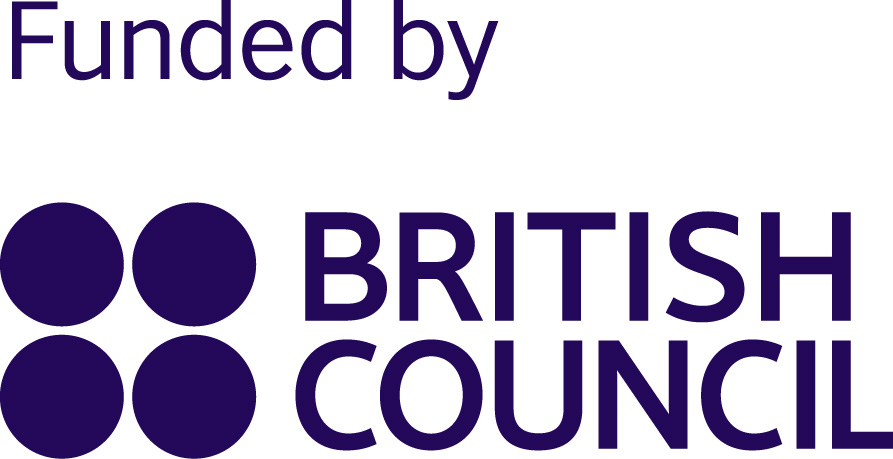- When did you first decide to study and pursue a career in STEM?
Since junior high school, I felt that I had to do something but didn’t know what to do, and in high school I had a stronger urge to improve my situation. After graduating from college with a major in environmental engineering, I felt that this was what I wanted to do. I chose to work for the community through my own organization so that I don’t work through a certain institution, office, or company but do everything through my own organization so that I have the freedom to do various activities and contribute to existing problems. - What drives you to study and pursue a career in STEM?
What prompted me to pursue a career in STEM was the emergence of various environmental issues, which prompted me to choose to work for society through my own organization so that I did not work through a particular institution, office, or company but did everything through my own organization so that I had the freedom to carry out various activities and contribute to existing problems.
In 2000, I started a non-profit organization, Bali Fokus foundation, which works on environmental issues. - What is the support system for women pursuing STEM careers in Indonesia?
In Indonesia, there has also started to be a lot of support for young women, especially fresh graduates and fresh graduates to deepen the STEM field, the encouragement that can be applied in Indonesia is not only encouraging after they graduate from S1 but since SMA should start encouraging introducing incentives and activities such as scientific or innovation competitions that encourage or motivate the involvement of young women, especially to explore in the STEM field.
Another support system for women to pursue a career in STEM is to provide adequate laboratory facilities. In Indonesia, laboratory facilities are still lacking, so if you want to do research, especially related to chemicals or chemicals that are dangerous toxic, then chemicals that have an impact on endocrine hormones, chemicals that interfere with endocrine hormones, research in Indonesia is still very lacking because the facilities are very inadequate, so what needs to be supported is the provision of accredited laboratories in Indonesia that can examine samples conducted by young researchers at realistic prices. - What are your key success factors in a career in STEM?
The key is to not give up and keep getting up and doing experiments and research from one thing to another. At one point after we have successfully proven that an intervention can be done, prepare to scale up or upgrade this activity to a wider and larger scale if possible, up to systemic change at the national level even better. If possible, it can contribute to a more fantastic regional or global level. But what we do can’t always be smooth and successful in one stage of the activity, so don’t despair to keep trying until you find the right formula and then test it again, then test again, ask for reviews, ask for comments and then upscale. - What tips can you give to women who are pursuing and working in STEM fields?
My advice is don’t give up easily, don’t get stuck on just one or two things. Keep your mind open with all the potential and opportunities that can be achieved, work as much as possible with various networks or various parties, it can enrich our views and views of future plans. So don’t despair and don’t hesitate to tread and get acquainted with networks or parties outside our circle.





